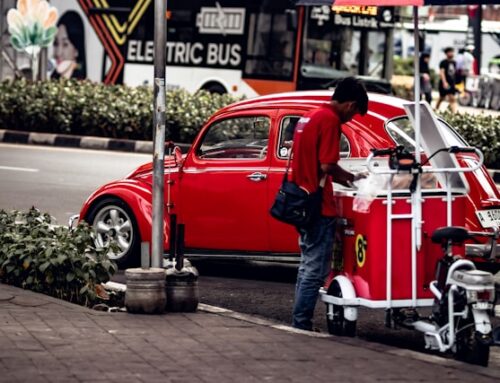Abstract. The number of farmers in Indonesia is decreasing, which has an impact on food security, as approximately 13 million people experience food insecurity. Youths would often view a career in farming as the last option which can cause problems, as older farmers are sometimes less productive, efficient, and willing to adopt sustainable practices. The primary objective of this research is to estimate the impact of agricultural students’ risk preferences on their willingness to become a farmer. This study surveyed 577 students of Bogor Agricultural University (IPB) to elicit their risk preferences using the multiple price list experiment with two different framings (an agricultural and a non-agricultural task) and in order to assess their willingness to become a farmer. Students’ risk preferences follow Cumulative Prospect Theory (Kahneman and Tversky, 1979): risk-averse for gain, loss-averse, and probability distorted. This study finds there is no link between students’ risk preferences on their willingness to become a farmer, but familiarity with farming and social support can explain it. The result contributes to policy of generation renewal and the so-called “young farmer problem” in agriculture.
Wednesday, 24 August 2022 at 13.30-15.00 WIB
This seminar will be held in Bahasa Indonesia
Slides and video for past seminars:




